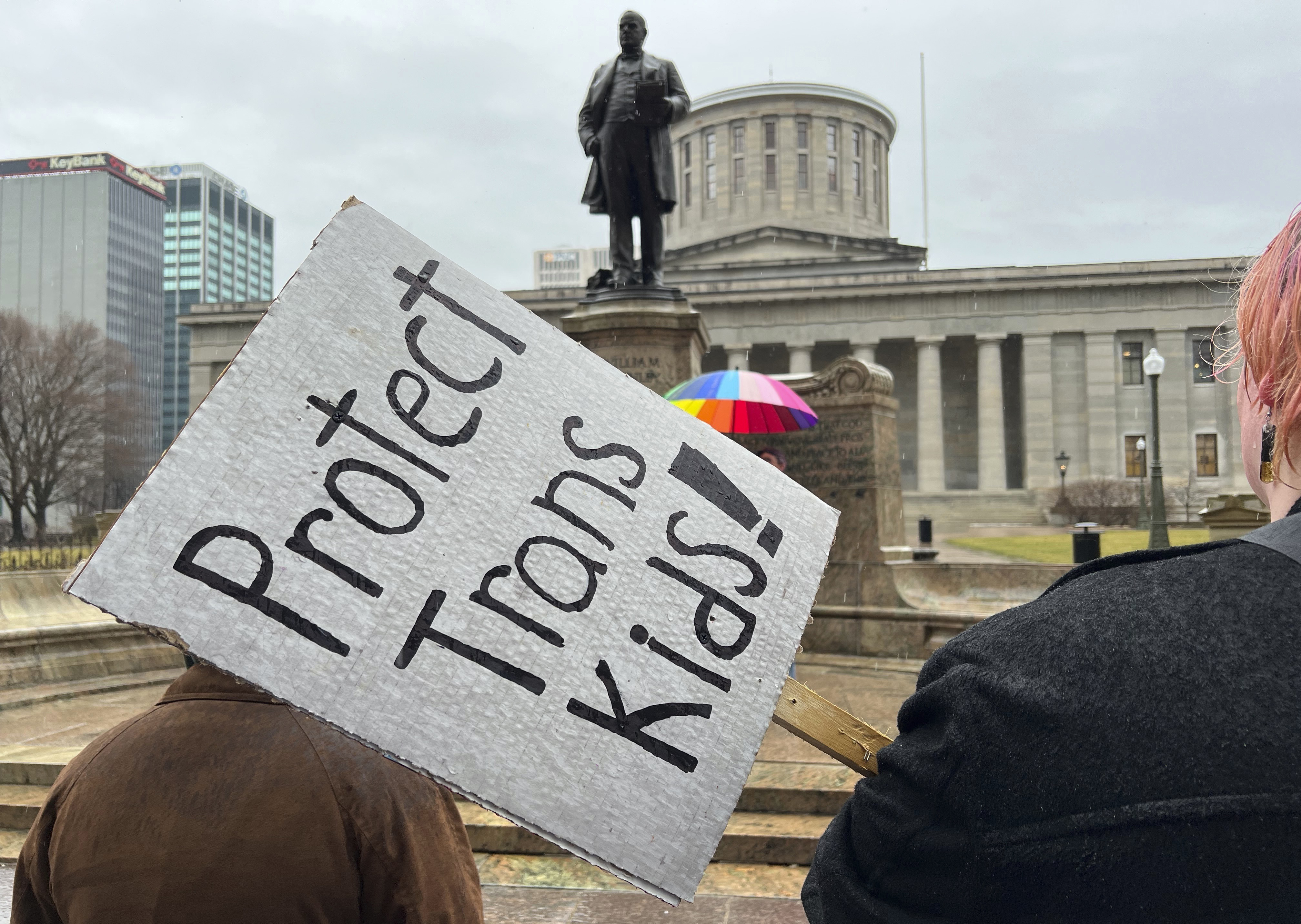
Several people were injured after a “possible chemical agent” was released during the Baltimore Pride parade Saturday evening, according to the Baltimore Police Department.
Police said that a little after 8:30 p.m., attendees informed officers stationed at the parade that a chemical agent — potentially mace, hair spray or something else — was released into the crowd. Police confirmed it was not released by law enforcement.
Fireworks were also set off at the event, which police said caused a large crowd to flee, injuring several people. Police did not specify whether all the injuries were caused by the stampede or the chemical agent.
Fire officials treated individuals on the scene, and the event was shut down.
Police have not yet confirmed the type of chemical agent released. They said they don’t have information at this time to conclude that this was a targeted attack.
This isn’t the first Pride event this month to face disruption.
In Poulsbo, Washington, 14 Pride banners were slashed on June 5. On the social media platform X, the Colorado Republican Party posted: “Burn all the #pride flags this June.” And in Carlisle, Massachusetts, 200 Pride flags were stolen from the town center.
U.S. & World
In May, the State Department issued a global security alert warning Americans abroad that terrorists could target lesbian, gay, bisexual, transgender and queer people and LGBTQ-related events during Pride Month.
“Due to the potential for terrorist attacks, demonstrations, or violent actions against U.S. citizens and interests, the Department of State advises United States citizens overseas to exercise increased caution,” the warning reads.
Feeling out of the loop? We'll catch you up on the Chicago news you need to know. Sign up for the weekly Chicago Catch-Up newsletter.
“The Department of State is aware of the increased potential for foreign terrorist organization-inspired violence against LGBTQI+ persons and events and advises U.S. citizens overseas to exercise increased caution.”
Meriam Bouarrouj contributed to this report.
This article first appeared on NBCNews.com. Read more from NBC News here:



